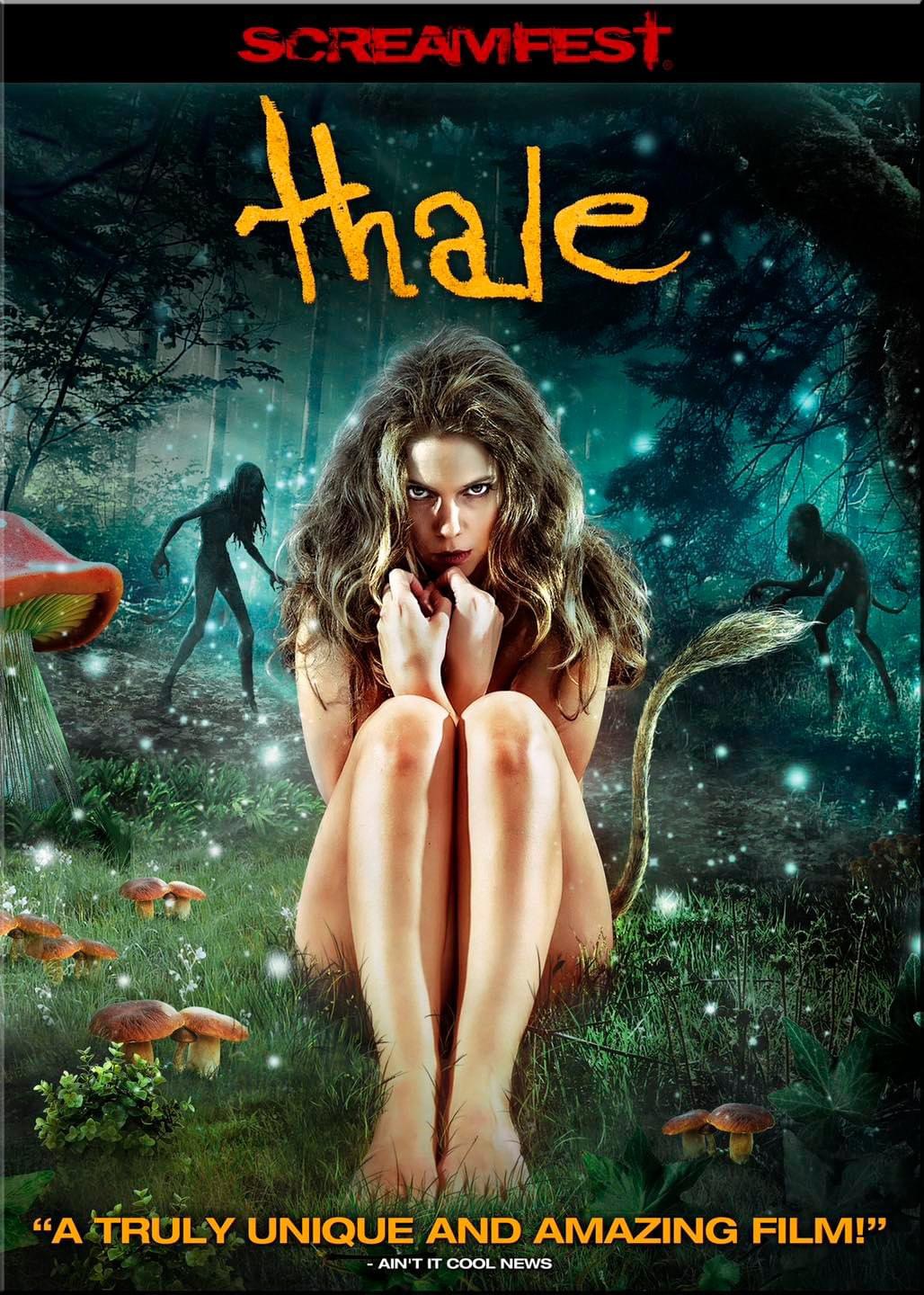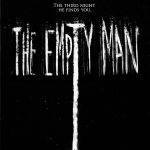Thale (2012)

Thale (2012), directed by Aleksander Nordaas, is a Norwegian horror-fantasy film that intertwines eerie atmosphere, mythological themes, and suspense in a low-budget yet hauntingly effective narrative. Inspired by Norwegian folklore, it tells the story of two crime scene cleaners, Elvis (Erlend Nervold) and Leo (Jon Sigve Skard), who encounter a strange creature—a huldra named Thale (Silje Reinåmo)—while cleaning up an isolated cabin. As they unravel the mystery surrounding Thale, they are drawn into a world of supernatural horror that blurs the lines between myth and reality.
Suggested videos for you:
Plot and Setting
The film opens with Elvis and Leo arriving at a remote, rundown cabin to clean up after an unspecified crime. While exploring the basement, they come across a hidden laboratory-like setup, complete with medical equipment, recordings, and a tub filled with a mysterious liquid. To their shock, they discover Thale, a mute woman with a tail, trapped in the setup. Through a combination of flashbacks and audio recordings, the men learn that Thale is a huldra, a mythical creature from Norwegian folklore often described as a beautiful woman with a hollow back and a tail, said to live in forests and lure men to their doom.
Nordaas builds a claustrophobic atmosphere that immerses viewers in a tight, dark, and almost dreamlike world. Most of the film takes place in the small, grimy basement of the cabin, adding to the sense of entrapment and mystery. The isolation of the setting accentuates the tension between the characters and the increasing unease surrounding Thale’s unexplained presence.
Thale and the Mythology of the Huldra
Thale’s character is a unique take on the huldra myth. Traditionally, the huldra is portrayed as a seductress with a hollow back and a tail, drawing men to her but often leading them to a deadly fate. Thale, however, is presented with vulnerability and complexity. Although she is otherworldly and dangerous, she also appears to be a victim, held captive and experimented on by unknown individuals. The film explores themes of humanity and exploitation through her character, as her captors seem intent on dissecting the mystical rather than understanding it.
Silje Reinåmo’s portrayal of Thale is key to the film’s success. Without a single line of spoken dialogue, Reinåmo conveys both Thale’s ethereal charm and animalistic instinct. Her silence makes her character more mysterious, forcing the audience to interpret her emotions through gestures and facial expressions. Reinåmo’s performance blurs the line between Thale as a victim and as a dangerous creature capable of retaliation.
Cinematic Style and Visuals
Despite its low budget, Thale achieves a lot through smart cinematography, lighting, and practical effects. The film’s cinematography relies on dim lighting, close-ups, and restricted space to evoke a sense of mystery and discomfort. Nordaas also uses practical effects to keep Thale’s supernatural qualities grounded. Her tail, a key feature of her huldra identity, is rendered through understated CGI and physical effects, allowing the film to maintain a sense of realism while hinting at her supernatural nature.
Nordaas skillfully uses a minimalist approach to horror, leaning on suspense and atmosphere instead of traditional jump scares or gore. The tension slowly builds as the characters uncover more about Thale’s past, with Nordaas keeping much of her backstory ambiguous to heighten suspense. Instead of overwhelming audiences with exposition, he reveals Thale’s past in fragments, creating a haunting atmosphere that lingers even after the film ends.
Themes and Symbolism
Beyond its horror elements, Thale delves into deeper themes, such as the consequences of meddling with forces beyond human understanding and the moral implications of exploitation. Thale’s captivity is reminiscent of scientific experimentation on animals or marginalized beings, raising ethical questions about control and autonomy. The men in the film, especially Leo, react to Thale with compassion, but they are ultimately outsiders who cannot fully understand her experience.
The film also touches on the theme of isolation. Thale, held captive in an underground lab, is literally isolated from the world, and her silence reinforces this sense of alienation. Elvis and Leo, though more grounded, are themselves isolated figures, both from society and from each other in different ways. Their encounter with Thale serves as a metaphor for the unbridgeable gap between human and non-human nature—a chasm that humans attempt to control but can never fully comprehend.
Pacing and Audience Reception
Thale has a slow, deliberate pace that prioritizes atmosphere over action. This slow-burn approach allows audiences to become immersed in its unsettling mood, but it may not appeal to those expecting a fast-paced horror thriller. For viewers who enjoy horror that emphasizes mystery, folklore, and psychological tension, however, Thale offers a refreshing departure from typical genre conventions.
The film’s ending is ambiguous, leaving some questions unanswered and allowing the mystery of Thale’s character and origins to remain. This ambiguity has been polarizing; while some appreciate the open-ended nature of the film, others might find it frustratingly vague. The movie’s reception reflects this divide: it is celebrated for its originality and atmosphere but has faced criticism from audiences expecting a more traditional horror experience with clear resolutions and high-intensity scares.
Final Verdict
Thale is a unique blend of horror, fantasy, and folklore that stands out for its atmospheric storytelling and cultural richness. By weaving in elements of Norwegian mythology, it offers a fresh take on the horror genre, emphasizing mystery and introspection over visceral scares. It showcases the potential of low-budget horror to deliver compelling, character-driven stories and provides a rare, haunting look at a mythological creature that is unfamiliar to many audiences outside Scandinavia.
Though not for everyone, Thale is recommended for viewers who appreciate slow-burn horror with a focus on atmosphere, symbolism, and myth. It’s a film that lingers, inviting you to ponder its mysteries long after the credits roll. In an industry often dominated by formulaic horror, Thale is a compelling reminder of the power of simplicity and folklore in storytelling.











